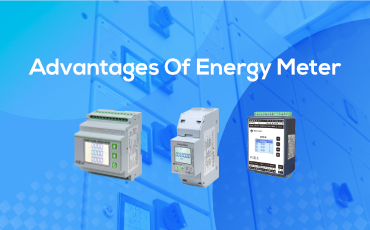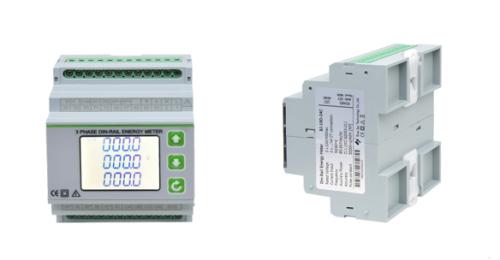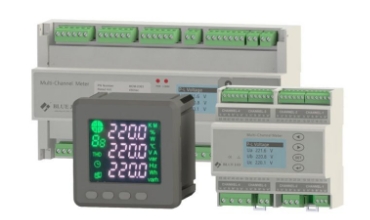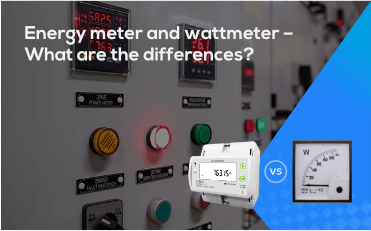
What Are Advantages of Energy Meter?
Abstract: In this article, the advantages of energy meter

Abstract: This article will introduce Kilowatt Hour Meter from definition, function, advantages, and metering kilowatt hour consumption.
A Kilowatt Hour Meter is an advanced measuring device designed for industrial environments. It accurately records energy consumption in kilowatt-hours, providing vital data for effective energy management and financial planning. These meters have evolved into sophisticated instruments capable of handling the complexities of industrial-scale electricity usage.

Blue Jay DEM-4M3C (19D-34C) three phase kilowatt hour meter demonstrates excellent functionality in the field of kilowatt-hour meters, especially its features related to multiple rates.This kWh energy meter introduces an advanced Multi-tariff rate function, enabling it to accurately bill in different time periods. This function allows users to accurately record power data by year, month, day, hour, minute, and second, and bill according to the set rate in different time periods. This provides industrial users with a more flexible and precise means of controlling energy costs.

The Multi-tariff rate function of the DEM-4M3C (19D-34C) three-phase kwh energy meter makes it stand out in industrial energy management. You can set flexible rates according to actual conditions, time changes, and different needs, optimize energy use to the greatest extent, and achieve accurate and economical energy management.
Supported by superior measurement capabilities, real-time monitoring, and advanced load management functions, Blue Jay’s DEM-4M3C (19D-34C) din rail Kwh meter provides a comprehensive and reliable energy solution for the industrial field.
Its unique Multi-tariff rate function provides you with a greater degree of energy control, allowing them to control their energy bills more precisely and flexibly.
Metering kilowatt-hour (kWh) consumption is a common practice to measure and monitor electricity usage in residential, commercial, and industrial settings.
The calculation is straightforward: Subtract the initial reading from the final reading to find the total kWh consumed during the billing period. Total Consumption (kWh) = Final Reading − Initial Reading.
The cost of electricity is determined by multiplying the total kWh consumed by the unit rate. The unit rate is the cost per kWh set by the utility company. Cost = Total Consumption × Unit Rate.

Abstract: In this article, the advantages of energy meter


Abstract: What are the differences between an energy meter




